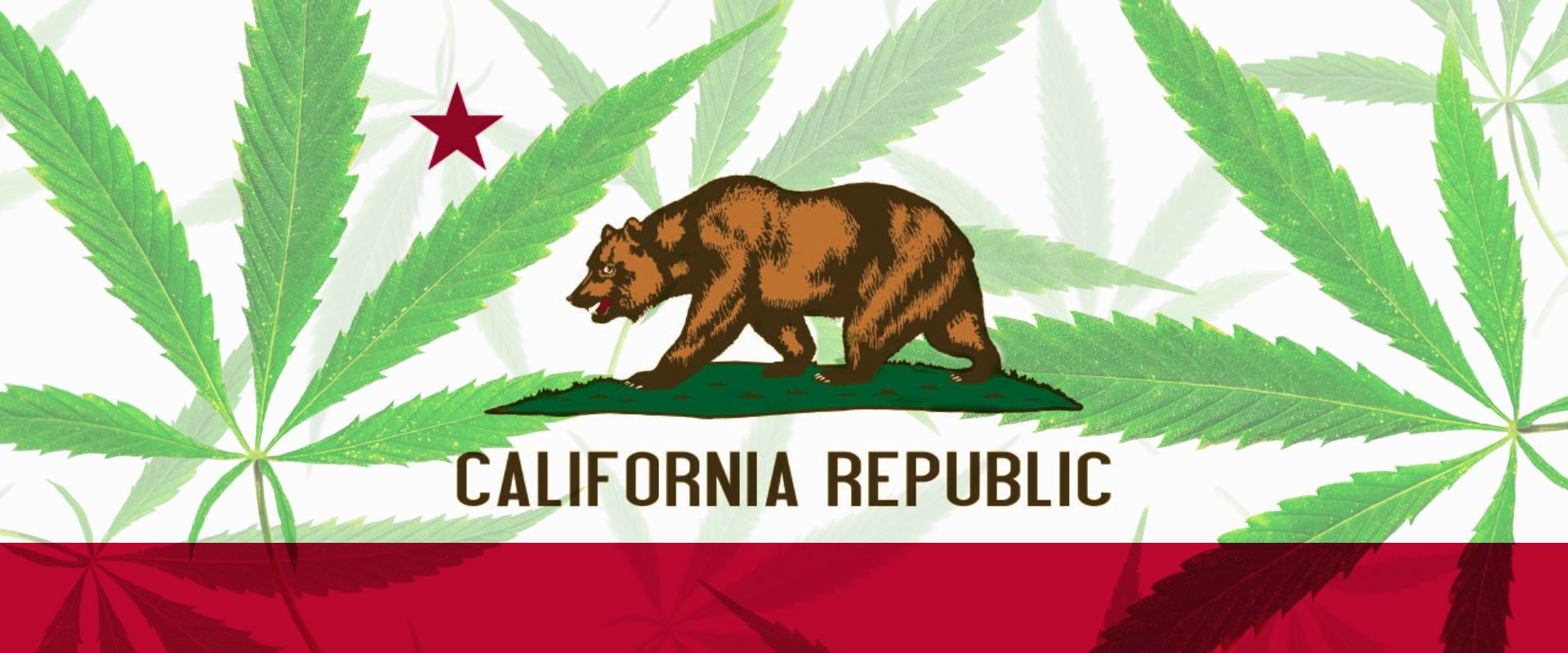
LIVING IN A STATE WITH “LEGALIZED” MARIJUANA
California has been the center of marijuana in the USA for over 100 years. Marijuana was made “legal” for “medical” use in 1996, and “legal” for “recreational” use since late 2016. The use, growing, sale, and possession of marijuana in the United States remains illegal under federal law.
Because of the long history of marijuana in California, it is a good state to consider when assessing the potential impacts of marijuana “legalization.”
Prop 64 Promised California Voters:
That legalization would eliminate marijuana related arrests - arrests have actually increased where marijuana has been legalized. (Angell, 2019)· (Ward, 2020)
The black market would be eliminated. The black market is bigger than ever. Many of the "permitted" pot shops also operate black market pot operations.· (Fuller, 2019)· (Staggs, 2019)
Illegal grow sites in the forests would be dramatically reduced. They are proliferating.
Huge tax revenues. They haven't materialized and enforcement is almost nonexistent. The bureaucracy eats up of much of the revenue (Chappell, 2019)
Local control for cities, towns and counties that have used that control to ban commercial marijuana operations are being forced to accept delivery of marijuana into their jurisdictions and are being threatened by the state to allow and regulate marijuana or lose their local control. (Staggs, The Orange County Register, 2019)
A report was mandated by Prop 64 and Senate bill 94. The first took over three years to create. It would was supposed to lead to the collecting of data and performing proper assessments and providing education to the public. It has not been enacted by the California state government. Why?
Also:
Voters were not aware that their children would be exposed to marijuana billboards in every city that has allowed commercial marijuana operations.
The potency of the marijuana products is not being regulated. Edibles and concentrates can be 50%-95% THC. (Public Health Institute, 2020)
The pot industry is wielding political power to have much greater influence in towns, cities and counties.
Government and staff members often do the bidding of the pot industry and then move into the positions within the pot industry after they retire.
Committees and boards are having marijuana lobbyist assume positions of authority to change and influence policy and regulations. (Mcgreevy, 2019)
City Codes are changed inappropriately by these boards to make way for more commercial pot operations such as:
Changing the definitions of a park or a youth oriented facility so distance separations to marijuana operations are no longer valid.
Changing the way distance separations are measured to allow for more pot operations i.e., from measuring from property line to residential zone has been changed to be “safe path of travel.” (Garrick, The San Diego Union Tribune, 2020)
Churches and day care centers and other sensitive use facilities have been bullied or bought out to get them to move out of a zone to allow for a pot shop to be placed. (Garrick, The San Diego Union Tribune, 2019)
Marijuana is being sold that is contaminated with heavy metals, pesticides, bacteria and molds; it does not pass State testing for illegal substances. (Handwerk, 2015)
There are no public health messages sponsored by the state or anyone else to educate children, teens and young adults of the danger of using the drug.
The state produces at least 5 times more marijuana than it consumes. Marijuana is the number 1 cash crop in California and 90% of the marijuana grown in California is exported to other states. (Los Angeles Times, 2017)(Oregon produces at least 3 times more than it can consume) (Barnes, 2018)
Sources:
Angell, T. (2019, October 1). Forbes. Retrieved from www.forbes.com: https://www.forbes.com/sites/tomangell/2019/10/01/marijuana-arrests-increased-again-last-year-despite-more-states-legalizing-fbi-data-shows/#197b60d67e21
Barnes, T. (2018, February 3). The Independent. Retrieved from independent.co.uk: https://www.independent.co.uk/news/world/americas/oregon-marijuana-cannabis-weed-production-overproduction-legalise-surplus-problem-legal-black-market-a8192611.html
Chappell, B. (2019, August 23). National Public Radio. Retrieved from www.npr.org: https://www.npr.org/2019/08/23/753791322/california-says-its-cannabis-revenue-has-fallen-short-of-estimates-despite-gains#:~:text=California's%20cannabis%20excise%20tax%20generated,that%20were%20set%20months%20ago.&text=results%20prompted%20Gov.-,Gavin%20
Fuller, T. (2019, April 27). The New York Times. Retrieved from nytimes.com: https://www.nytimes.com/2019/04/27/us/marijuana-california-legalization.html
Garrick, D. (2019, August 16). The San Diego Union Tribune. Retrieved from sandiegouniontribune.com: https://www.sandiegouniontribune.com/communities/san-diego/story/2019-08-16/several-marijuana-businesses-were-approved-near-san-diego-churches-despite-laws-against-it
Garrick, D. (2020, January 4). The San Diego Union Tribune. Retrieved from sandiegouniontribune.com: https://www.sandiegouniontribune.com/communities/san-diego/story/2020-01-04/controversial-fence-revives-battle-over-marijuana-dispensaries-near-churches
Handwerk, B. (2015, March 23). The Smithsonian Magazine. Retrieved from smithsonianmag.com: https://www.smithsonianmag.com/science-nature/modern-marijuana-more-potent-often-laced-heavy-metals-and-fungus-180954696/
Los Angeles Times. (2017). The Los Angeles Times. Retrieved from latimes.com: https://www.latimes.com/politics/la-pol-ca-marijuana-surplus-export-20171001-story.html
Mcgreevy, P. (2019, September 30). Los Angeles Times. Retrieved from latimes.com: https://www.latimes.com/california/story/2019-09-29/california-politicians-bureaucrats-pot-marijuana-industry
Public Health Institute. (2020, June 19). Public Health Institute. Retrieved from phi.org: https://www.phi.org/press/californias-local-marijuana-laws-fail-to-heed-decades-of-lessons-from-tobacco-controls/
Staggs, B. (2019, March 15). The Orange County Register. Retrieved from www.ocregister.com: https://www.ocregister.com/2019/03/15/legal-illegal-some-players-still-work-both-sides-of-state-marijuana-industry/
Ward, E. (2020, July 8). Crosstown. Retrieved from xtown.la: https://xtown.la/2020/07/08/after-pot-was-legalized-more-black-people-were-arrested/